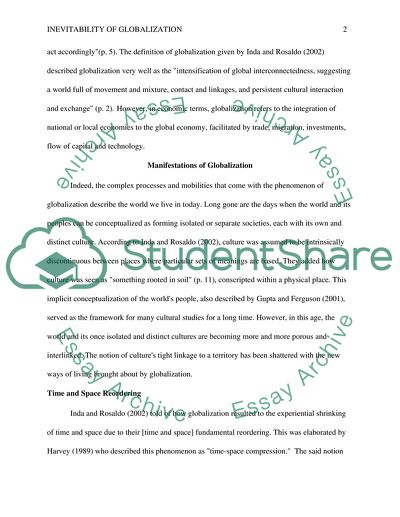Cite this document
(“The Inevitability of Globalization Research Paper”, n.d.)
The Inevitability of Globalization Research Paper. Retrieved from https://studentshare.org/miscellaneous/1570008-the-inevitability-of-globalization
The Inevitability of Globalization Research Paper. Retrieved from https://studentshare.org/miscellaneous/1570008-the-inevitability-of-globalization
(The Inevitability of Globalization Research Paper)
The Inevitability of Globalization Research Paper. https://studentshare.org/miscellaneous/1570008-the-inevitability-of-globalization.
The Inevitability of Globalization Research Paper. https://studentshare.org/miscellaneous/1570008-the-inevitability-of-globalization.
“The Inevitability of Globalization Research Paper”, n.d. https://studentshare.org/miscellaneous/1570008-the-inevitability-of-globalization.


